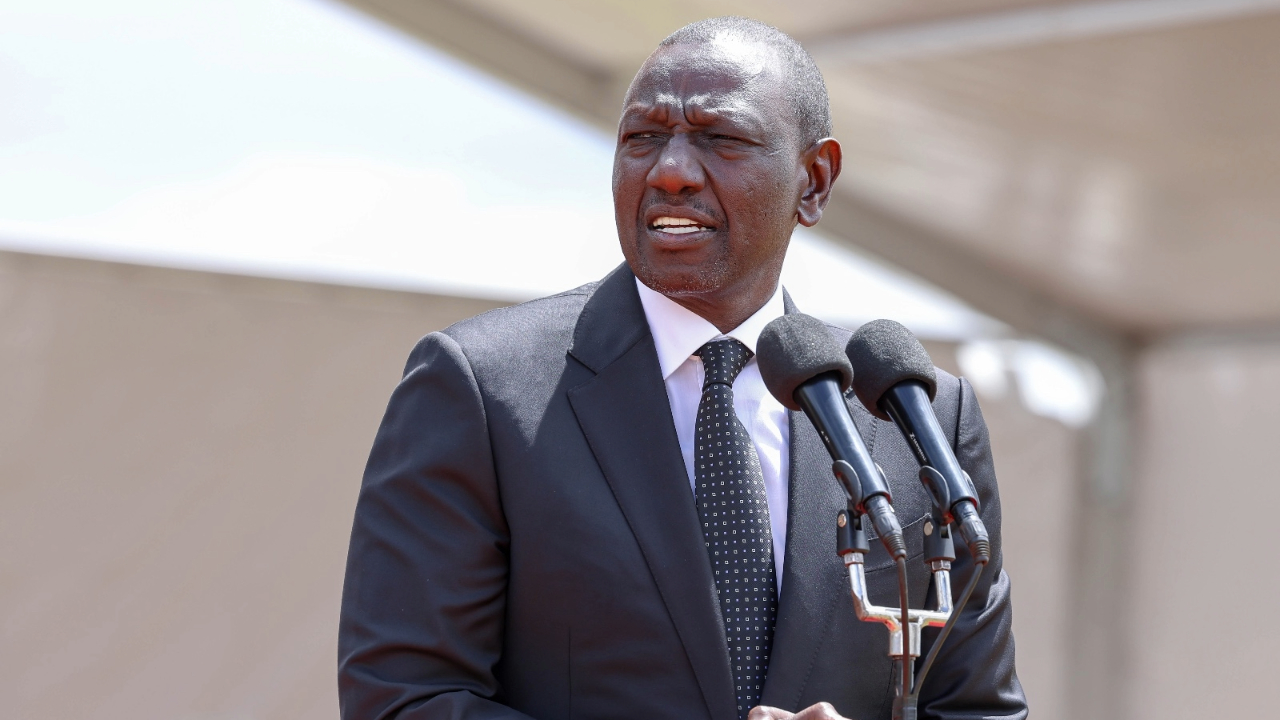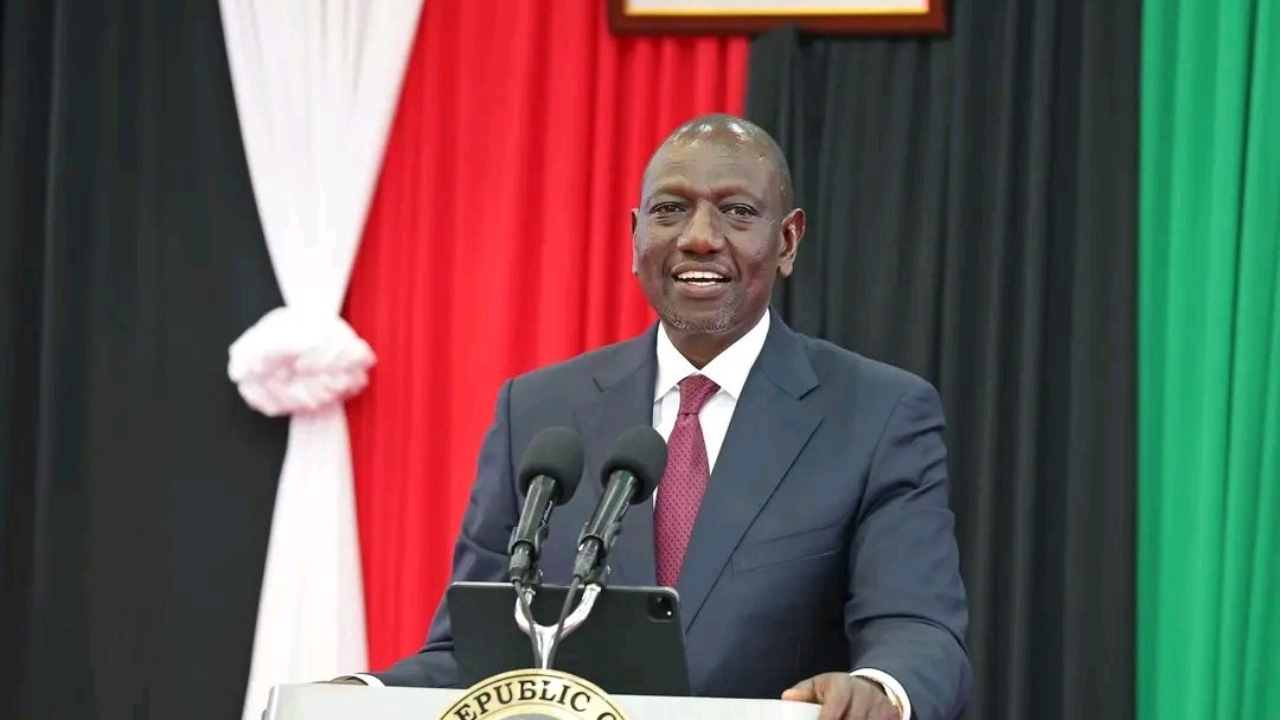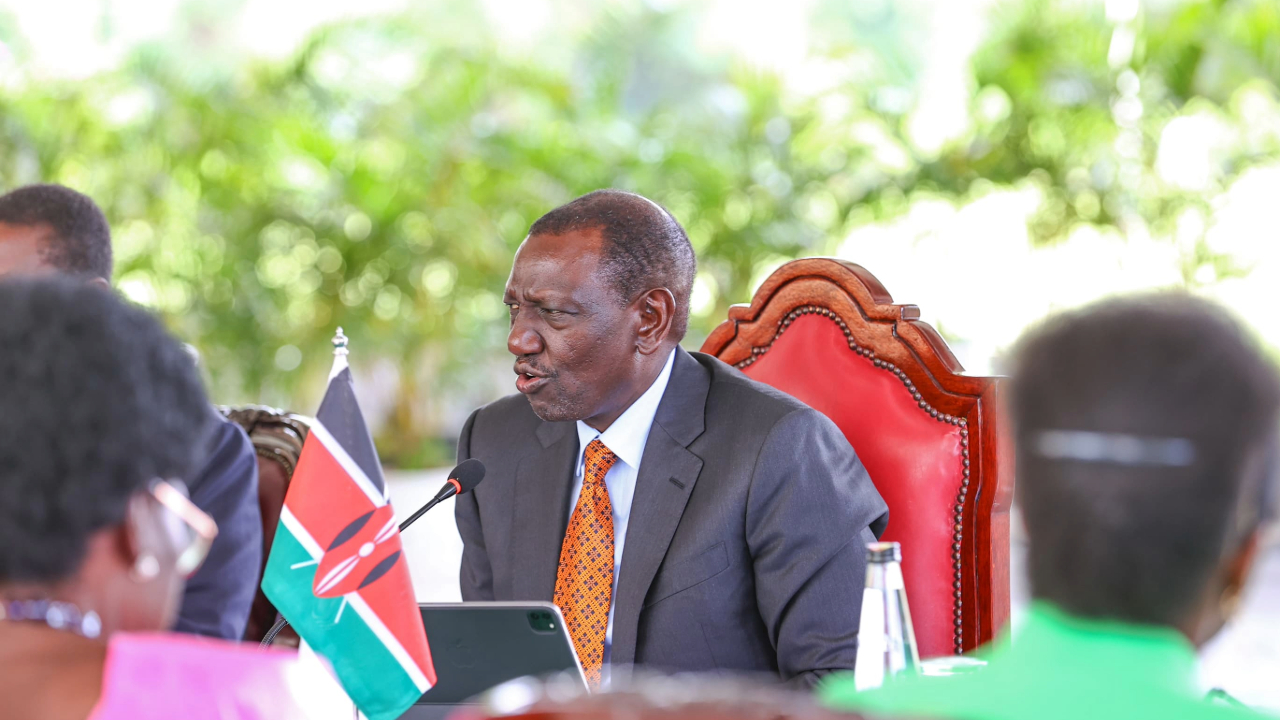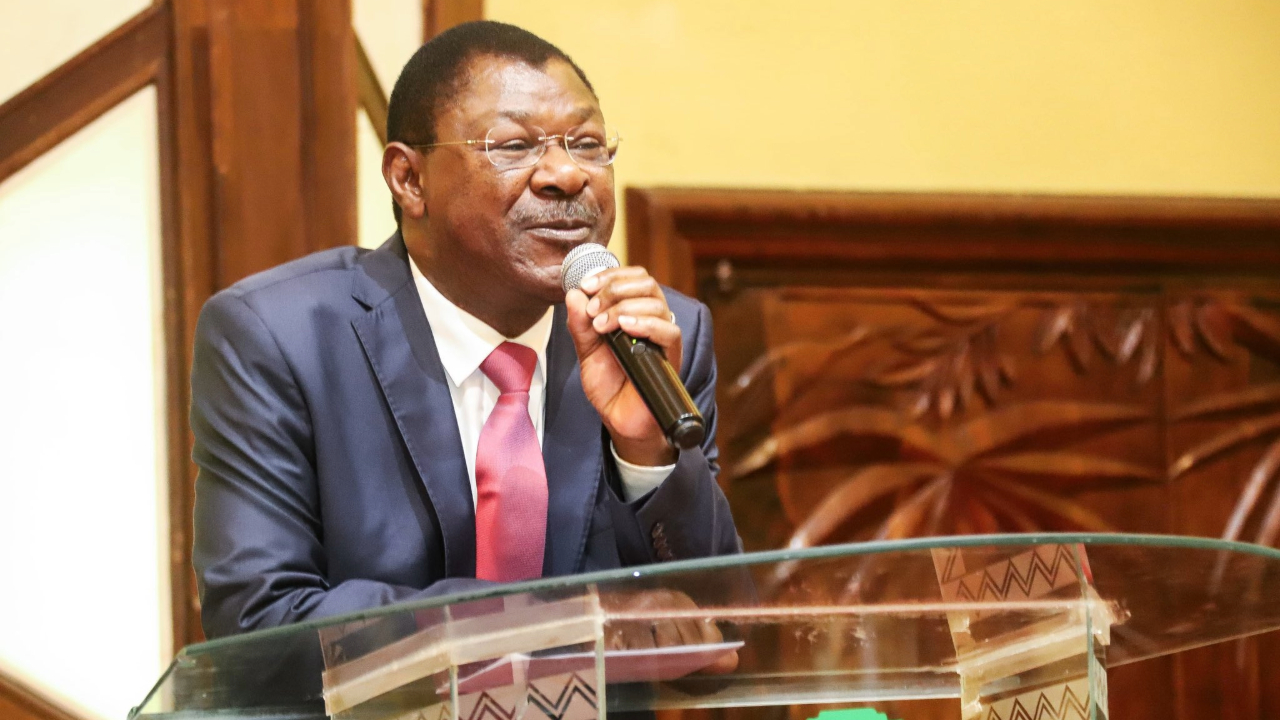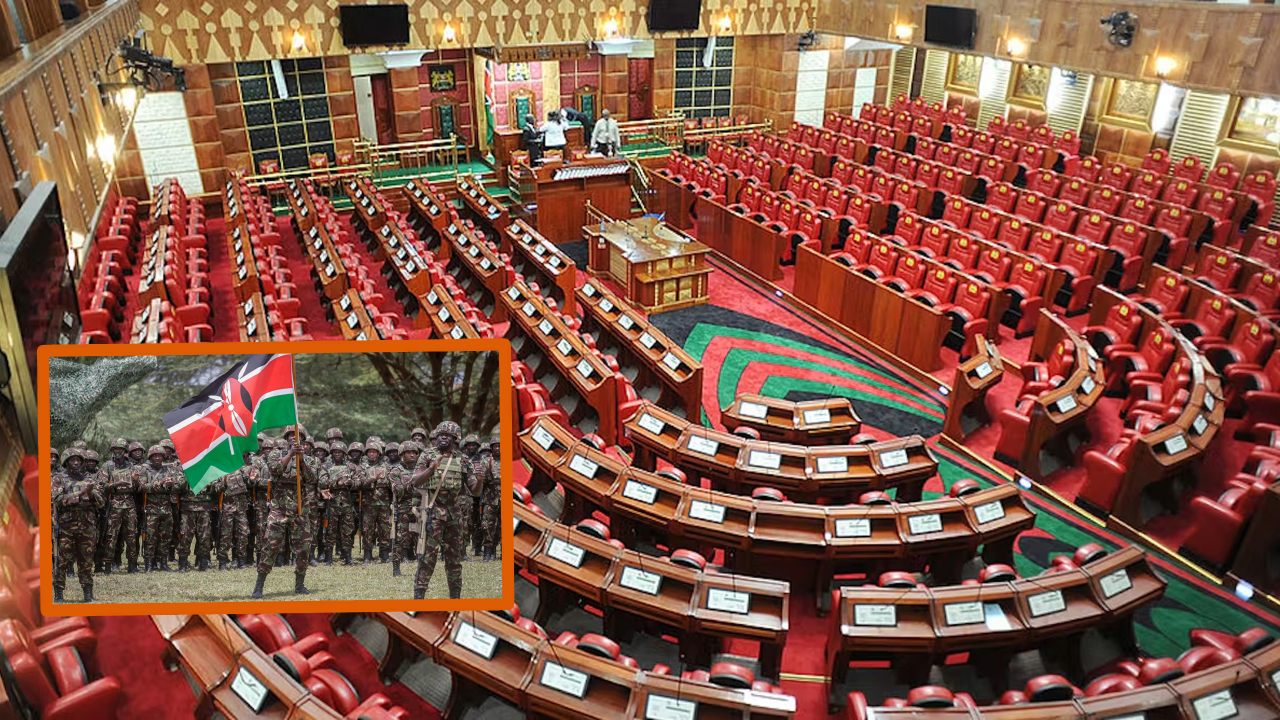One Year Later: Assessing the Performance of Kenya Kwanza Government
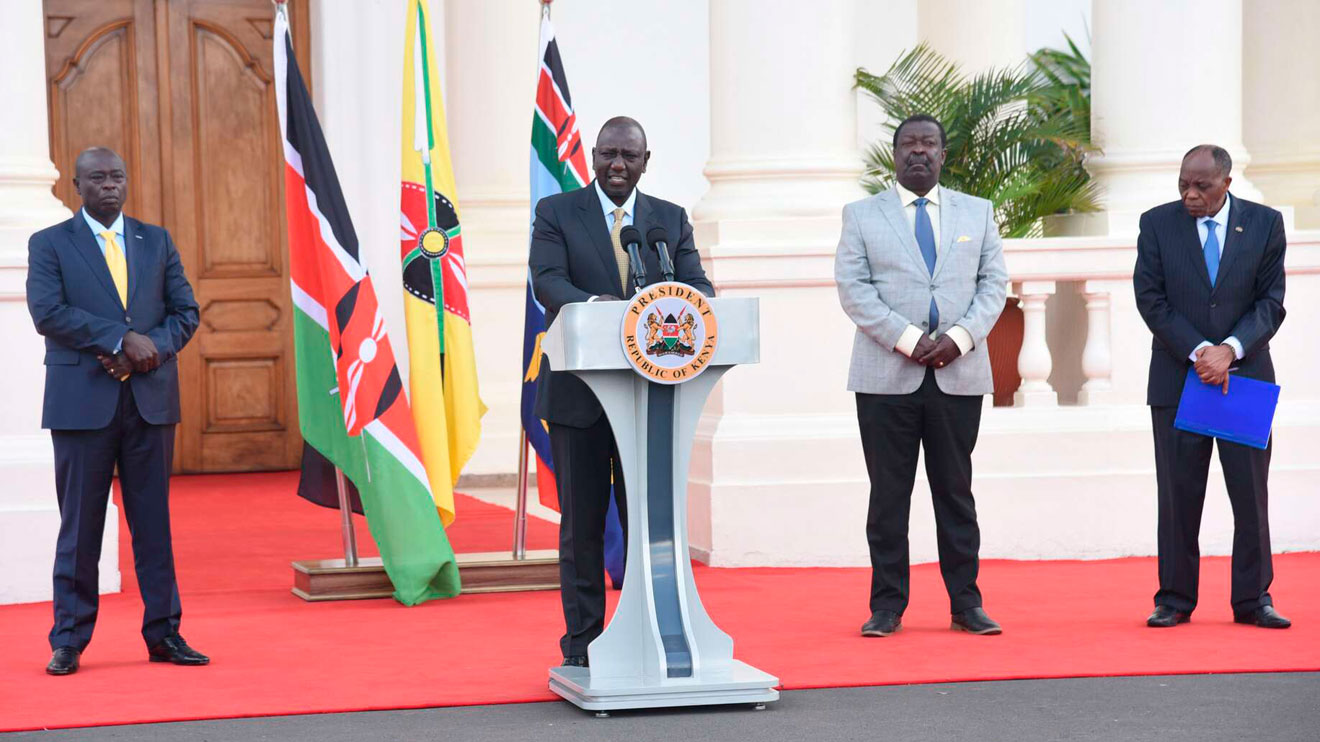
It has been a year since the Kenya Kwanza government took office, succeeding its predecessors. Throughout this period, the public and various relevant bodies have closely monitored and evaluated the government's performance.
Numerous non-governmental organizations (NGOs) have taken a keen interest in scrutinizing the performance of the Kenya Kwanza government, particularly focusing on the individual ministers. In a comprehensive survey involving more than 30,000 Kenyans from all 47 counties, all 21 ministers have been systematically ranked based on their competency in running their dockets, dedication to public service, and the tangible changes observed in their respective offices.
Ministerial Standouts According to TIFA Report
According to the TIFA report, Minister of Interior Prof. Kithure Kindiki emerged as the top-performing minister in the Kenya Kwanza government, securing a remarkable 60%. He was closely followed by his counterpart in the Ministry of Education, Ezekiel Machogu.
Prof. Kindiki's dedication to combating banditry and restoring peace, especially in the North Rift region plagued by lawlessness due to livestock theft, played a pivotal role in his commendable performance during the first year in office.
Success Amid Challenges: Prof. Kindiki's Accomplishments
Kindiki's top-ranking was further substantiated by his office being one of the government's departments with minimal expenditure. His limited international travel, coupled with a 70% improvement in the country's security levels, showcased his effective leadership.
On the other hand, Education Minister Ezekiel Machogu secured the second position in the government ministry's performance. His focus on implementing the new Competency-Based Curriculum (CBC) contributed significantly to his ranking. Despite controversies surrounding this year's final exams under the outgoing 8-4-4 curriculum, Machogu's measures to ensure exam integrity stood out.
Education Sector Improvements
Machogu's commitment to addressing the issue of understaffing in public schools led to the employment of over 20,000 teachers within the first year, significantly reducing cases of teachers striking. The government's allocation of over 60 billion Kenyan Shillings to the education sector underscored its dedication to investing in the future.
Challenges in Energy Ministry: Davis Chirchir's Performance
However, not all ministers received high marks. Davis Chirchir, heading the Ministry of Energy, was rated poorly, securing only 40% in the TIFA report. The high cost of living, particularly the failure to lower fuel prices, led to discontent among Kenyans.
Public Dissatisfaction and Urgent Calls for Action
The soaring cost of fuel has resulted in hardships for many Kenyans, prompting widespread dissatisfaction and calls for accountability. Davis Chirchir's perceived failure to fulfill the government's promise of reducing living costs has left citizens with more questions than answers.
As the Kenya Kwanza government navigates its second year in office, the public remains hopeful for tangible improvements, urging the government to prioritize fulfilling its promises and addressing pressing issues affecting citizens. The need for transparency, accountability, and decisive action is paramount for the government to regain public trust and confidence.
